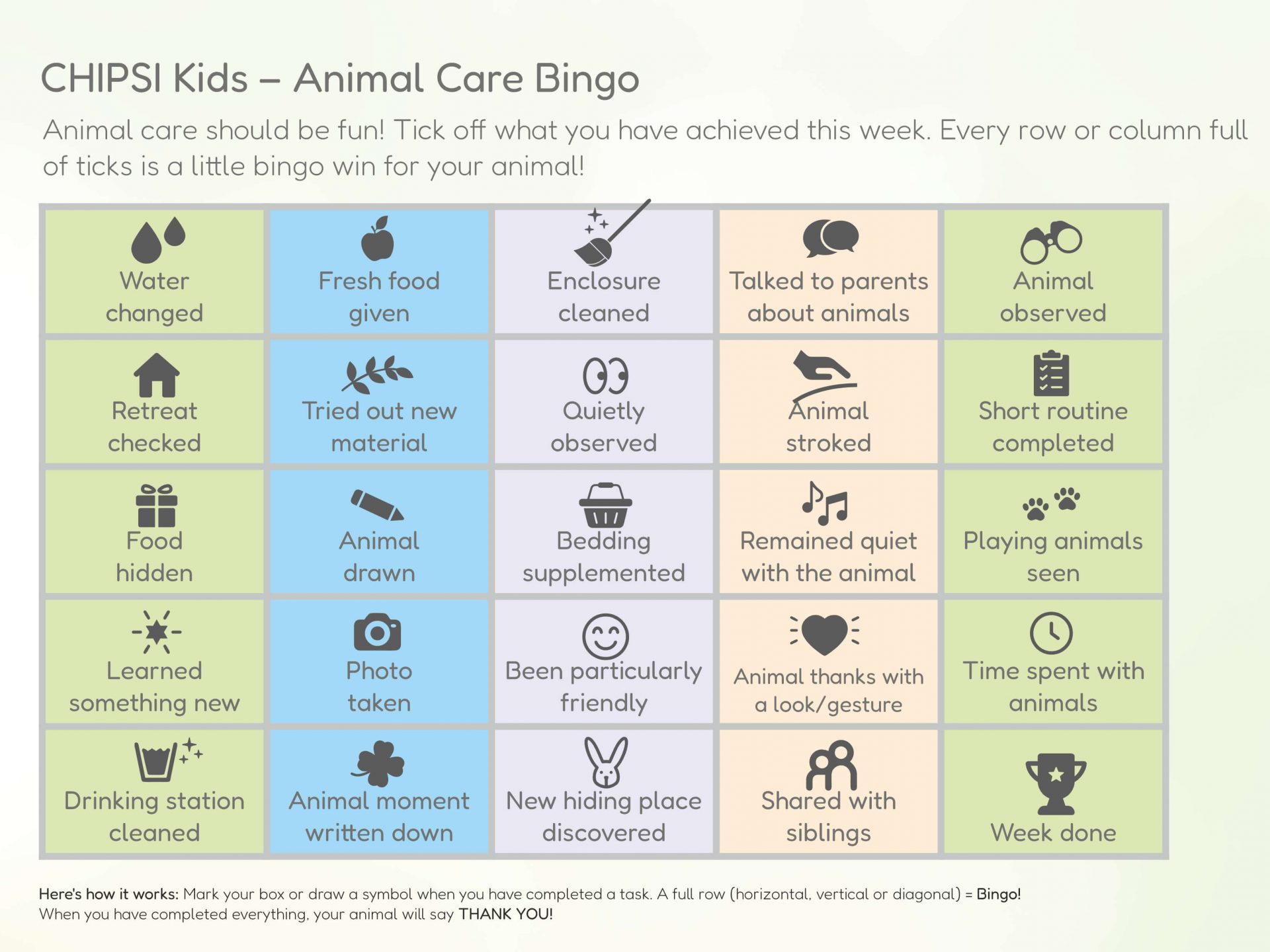
When Children Lack Motivation: how to Keep Pet Care a Routine
Sometimes, the enthusiasm simply wanes. The pet is healthy, the enclosure is clean – and suddenly, no one wants to “be on duty” anymore. Such phases are normal and not a sign of indifference. It is crucial that care continues nonetheless – with patience, small tricks, and a touch of humor. After all, responsibility does not grow in straight lines, but with every experience.
Why a Lack of Motivation is Normal
Children learn through repetition. What was exciting at first eventually becomes a habit – and routine quickly seems boring. Especially then, children need guidance rather than lecturing. If parents calmly address such moments, children learn an important lesson: responsibility means persevering even when the appeal of novelty has faded.
💬 Parent Tip:
Do not just ask, “Are you doing it today?” Instead, ask: “How do you think our pet is doing today?” This shifts the focus back to the pet and away from the task.
Small Tricks to Combat a Dip in Motivation
- Rotate tasks: Sometimes water, sometimes food, sometimes observation – variety keeps the routine alive.
- New rituals: A small song, a timer, or a “pet moment” after feeding can help bring back the fun.
- Visualize praise: Stickers, small symbols, or a weekly chart show: “I did it.”
- Start together: If parents participate at the beginning, children become engaged again more quickly.
Practical Idea:
Have children record one observation per week, for example: “Today the rabbit dug.” This makes pet care exciting again, as it is linked to discovery.
What Parents should Avoid
- Pressure and reproaches: These create distance instead of motivation.
- Punishment systems: Responsibility cannot be forced.
- Taking over everything yourself: This signals that giving up is acceptable.
It is better to make tasks visible, plan them together, and discuss feelings. Because sometimes one lacks motivation, but the pet still waits.
When Nothing else Helps – Change Perspective
Sometimes, a brief role reversal helps. When children observe parents caring for the pet, the impulse often arises naturally: “I want to help again.” Even small ‘care breaks’ with observation tasks (“Count how often it eats.”) maintain the connection until motivation returns.
The most Important Thing at a Glance
A lack of motivation is not a failure, but part of every learning process.
Children who experience that responsibility can sometimes be challenging develop perseverance and empathy. Parents who remain calm foster both reliability and empathy. Pet care is less a duty than an opportunity to practice commitment day by day, step by step.
CHIPSI Kids – Pet Care Bingo 🐹💧🍎
Pet care should be fun!
Check off what you have accomplished this week.
Every row or column full of checkmarks is a small bingo for your pet!

💡 How it works:
- Place a checkmark or draw a symbol when you have completed a task.
- A full row (horizontal, vertical, or diagonal) = 🎉 Bingo!
- When you have completed everything: Your pet says THANK YOU! 🐹